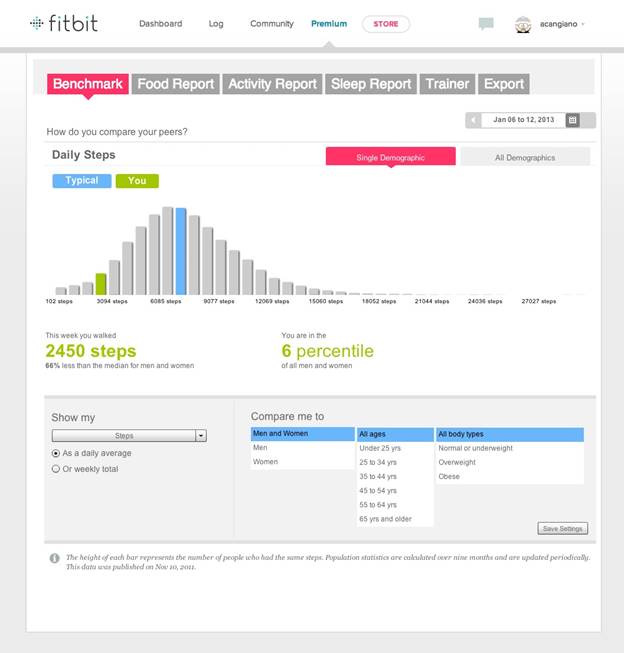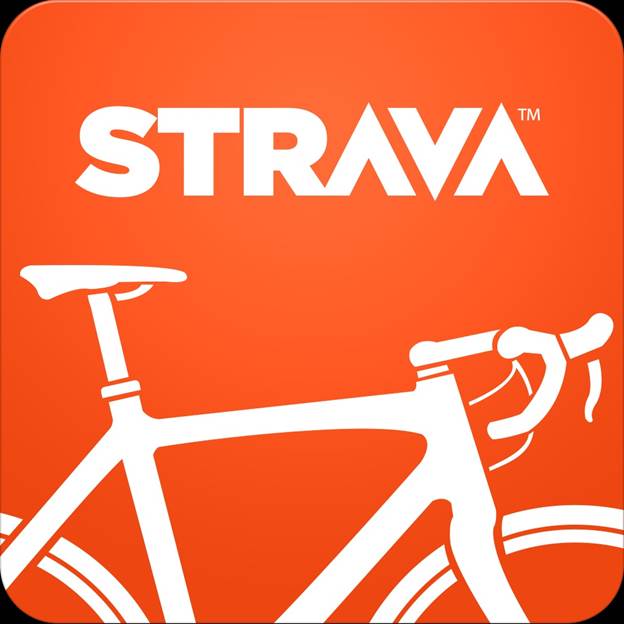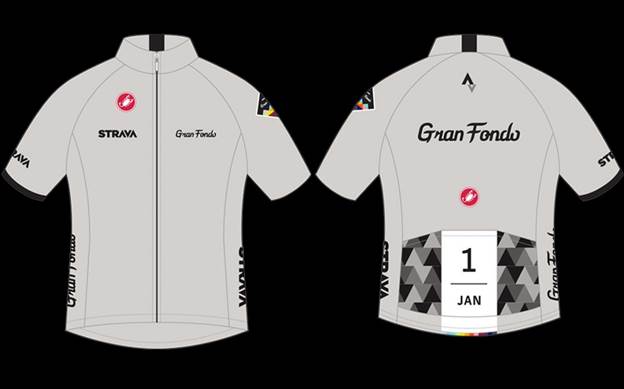For a keyboard jockey who recently started
working from home in the wettest winter since the biblical Flood, the results
can be disheartening. On one day, I took a mere 2,678 steps: a total distance
of only 1.3 miles. There are people in comas getting more exercise than that.
Astonishingly, however, according to one of Fitbit’s “premium reports” - for
which it charges another $67 per year - I’m doing 11% more exercise than the
median for all people in the UK, at an average of 7,463 steps a day. I’m not
sure whether that makes me feel better about myself, or depressed at the state
of the nation’s health.

Benchmark
compares the number of steps performed
against other users in similar demographics
Fitbit’s hopeless if you decide to hop on
your bike to do some exercise: it’s a pedometer, not a GPS device, so it will
probably think you’re tucked up on the sofa watching Breaking Bad when you’re
actually breaking your back down country lanes. Here, apps that take advantage
of the GPS chips in smartphones, such as the free for iOS and Android, come
into play.

On
the Explore Page on the Strava Cycling App,
letter markers save rides that previous cyclists have ridden.
Strava places much greater emphasis on
competition than Fitbit: not only handing out badges for clocking up so many
miles or climbs, but pitting you against your friends and the entire Strava
community. Strava automatically breaks down your rides into different segments,
and shows you how pitifully slow you are compared to those with Chris Hoy’s helmet
and a bike that weighs less than a Mars Bar. On one 2.5km stretch near my home
- the London Lollop - I’m currently sitting in 314th position, with a time
that’s more than twice the leader’s.
Strava has been criticised for encouraging
cyclists to take unnecessary risks to climb leaderboards or beat personal
bests, and it’s easy to see why. It’s also clever at parting members from their
cash as well as their senses: if you completed February’s challenge of 130km in
a single ride, you “unlocked the ability to purchase a limited edition Gran
Fondo Jersey made by Castelli for $109”. Yet, if you can avoid the temptation
to risk life and limb to beat Colin from Hemel Hempstead, or to buy an
expensive jersey, reviewing the detailed telemetry from your rides can be
hugely satisfying.

Complete
the Challenge and you will unlock the ability to
purchase a limited edition Gran Fondo Jersey made by Castelli for $109.
Sleep
After a hard day’s cycling, you’re going to
need a good kip. As I mentioned above, Fitbit not only measures how active you
are during the day, it also measures how inactive you are at night. Tap
repeatedly on the wristband for a second or two, and the device is put into
Sleep mode, designed to measure if you’re getting your eight hours.
Fitbit considers you’re asleep if it
doesn’t detect any motion from the band strapped to your wrist - a methodology
that isn’t without its flaws, in my experience. I know for a fact that I’ve
been awake for periods when Fitbit claims I was clocking up shuteye, presumably
because I wasn’t thrashing around like a demented salmon. However, Fitbit is
excellent at detecting periods of restlessness during the night, and after a
week or so of usage, patterns started to become clear: I’d often start to
wriggle around at 2am, and then again at around 5am.
Other trends emerged. Perhaps not
surprisingly, I slept better when my partner and young children weren’t in the
house. Contrary to received medical wisdom, I also slept better - if not for
longer - after drinking alcohol, showing far fewer periods of restlessness.
This is where collecting all this data begins to pay off, as you can match up
information from different sets of data to identify trends.